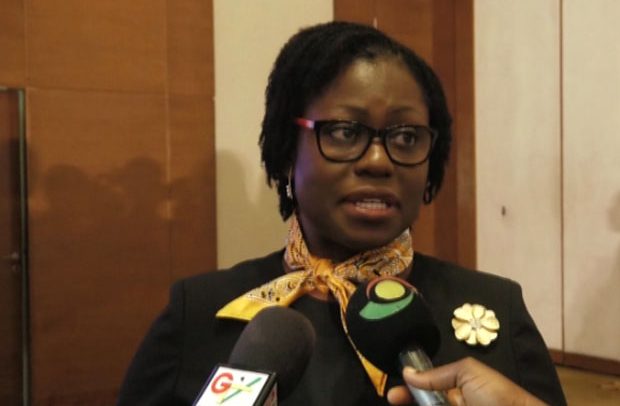Elsie Awadzie, Deputy Governor, BoG
The Central Bank says it’s working to operationalize the deposit protection scheme established under the Ghana Deposit Protection Law (Act 931, 2016), as amended, to provide further protect depositors’ funds.
The move, according to the Central Bank, formed part of efforts to intensify its enforcement regime to discourage regulatory breaches ahead of the recapitalization deadline.
The Central Bank said the recent collapse of UT and Capital Bank, as well as the appointment of an official administrator in respect of uniBank showed the new approach in enforcing the regulatory framework to help protect the interests of depositors and the financial system as a whole.
Elsie Awadzi, Deputy Governor of the Bank of Ghana, who made these known at a breakfast meeting organised yesterday in Accra by the Bank of Ghana, said her outfit is also posed to ensure a smooth transition to the new capital requirement by December 2018, address specific risks from high NPLs, weak corporate governance and poor risk management systems.
She said the BoG would also continue to roll out the Basel II/III supervisory framework and ensure the implementation of IFRS 9 by banks, issue and strictly enforce “fit and proper person” guidelines for bank shareholders, directors and key management personnel to promote high standards in the industry.
Ms Awadzi said the bank would continue to strengthen its Banking Supervision Department through capacity building and improve supervisory processes in order to identify early warning signs of bank distress and take prompt corrective action to address such risks.
Ghana’s banking sector forms about 85 percent of the entire financial system, and therefore a robust banking sector is critical to the stability of the entire financial system and economic growth ultimately.
“As we stated in the last Monetary Policy Press Release in March 2018, our assessment of the banking sector is that it is, broadly speaking, profitable, solvent and liquid. The total asset base of banks increased to GH¢95.1 billion in February 2018 indicating an annual growth of 13.7 percent. The asset growth was mainly funded by deposits which went up by 12.6 per cent on a year-on-year.
“The Bank of Ghana remains committed to restoring trust and confidence in the banking system and to promoting a strong and resilient banking sector to support robust macro-economic growth.”
By Samuel Boadi


